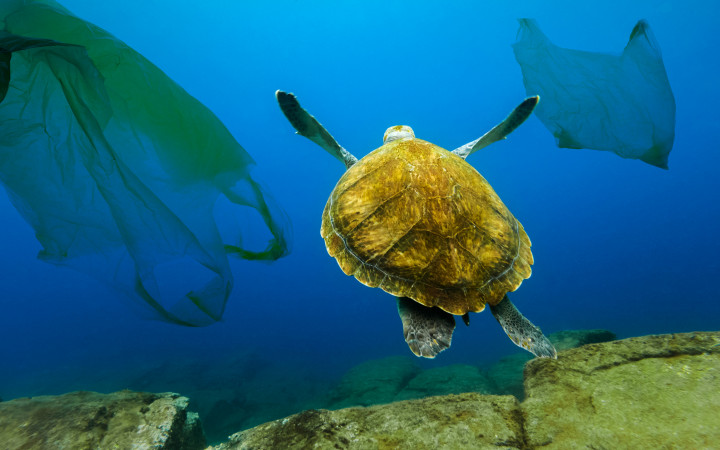


To many sea creatures, plastic can look like their food. How Plastic Affects Marine Life and the EnvironmentĪrguably the most well-known issue associated with marine plastic is its threat to marine life. In reality, when a piece of plastic breaks down, it continues to break into smaller pieces gradually and eventually becomes what is known as microplastic.Īs plastic waste continues to remain in the ocean for years on end, it has many negative effects on the environment, animals, humans, and even the economy. The overcrowding of debris in the ocean has also led to an even longer “decomposition” period. This leaves items such as plastic bags, water bottles, bottle caps, plastic straws, food wrappers, and more to float in the water.Īs you can imagine, because it takes so long for each piece to break down, the trash continues to pile up annually.

More specifically, it can take anywhere from 50 to 600 years for a single piece to break down. So, what actually happens to the plastic? Well, to answer this, let’s start with another question: How long does it take for plastic to decompose in the ocean?ĭue to the way plastic is manufactured, it can take an extremely long time for it to break down. In other words, even the wind and stormwater runoff can contribute to the amount of plastic in the ocean.Īs a result of these actions, about 8 billion tons of plastic end up in marine environments annually. Lastly, because most plastics used by humans are lightweight, they can be easily transported from one place to another. When trash is disposed of in the wrong place, it can be much easier for it to end up in water sources nearby. As mentioned above, landfills are overwhelmed with trash which can lead to its improper disposal.Īdditionally, illegal dumping plays a significant role in the pollution of the ocean. Plastic waste and other forms of litter end up in the ocean in multiple ways. What happens to it? How long does it take this plastic to decompose? And what are the long-term effects? Read on to learn more.

With the millions of tons of plastic waste left behind, there is nowhere for this trash to go but landfills.īut what about the billions of pounds of plastic that are dumped into the ocean every year? As many of us know by now, single-use plastic has taken over our world in terms of packaging.


 0 kommentar(er)
0 kommentar(er)
